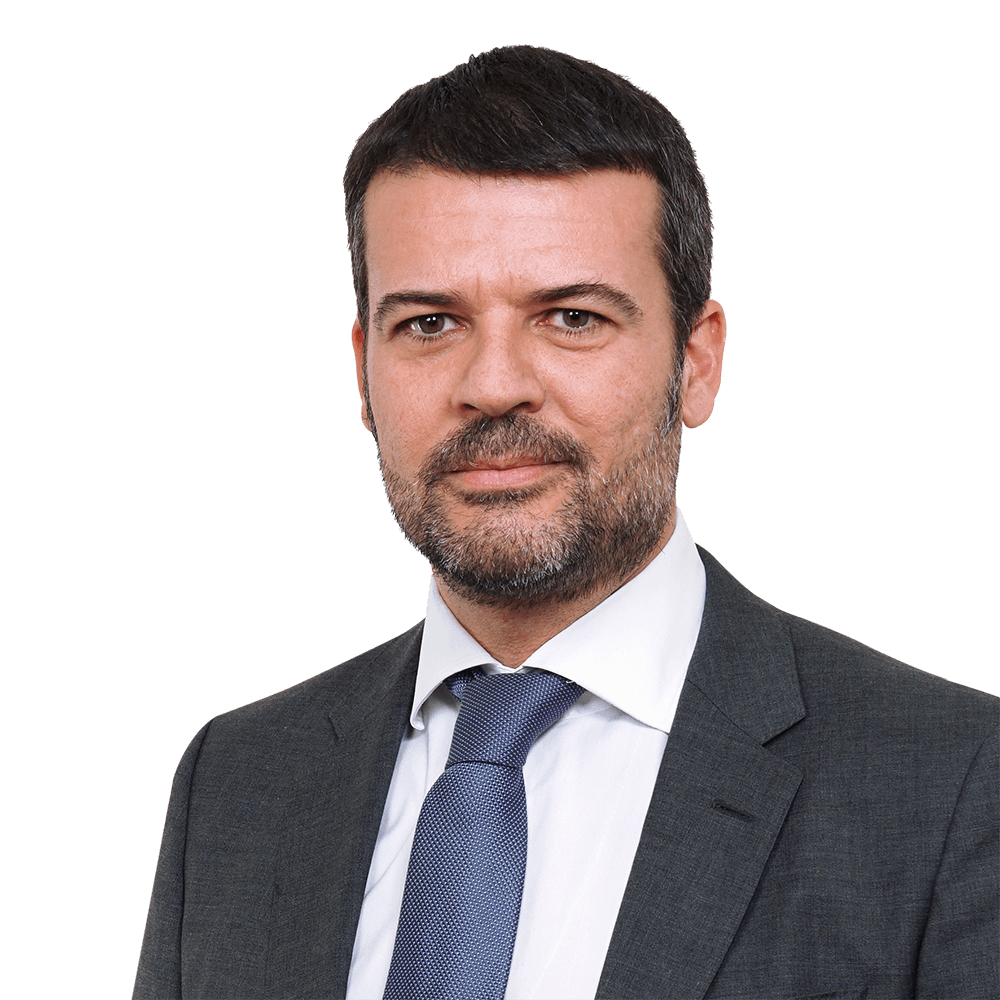Profits arising from pursuit of the corporate purpose
Published on 25th April 2017
Interpretation of the concept of “profits arising from pursuit of the corporate purpose” in connection with the shareholders’ right of withdrawal as a result of the lack of distribution of dividends, pursuant to article 348.bis of the Spanish Companies Law: Judgment 81/2015 of 26 March issued by the Provincial Court of Barcelona.
Pursuant to article 348.bis of the Spanish Companies Law (Ley de Sociedades de Capital, hereinafter the “LSC“) “(…) a shareholder voting in favour of distribution of profits will be entitled to withdraw from the company if the general meeting does not resolve to distribute at least one third of the profits arising from pursuit of the corporate purpose obtained during the prior financial year and legally distributable”.
The expiry of the suspension period of this article, effective as of 1 January 2017, has generated a large amount of literature on the issues arising from its implementation. The doctrine and case law will definitively address these issues in the coming years.
In this article we aim to clarify which items should be taken into account when defining the concept of “profits arising from pursuit of the corporate purpose“. To this end, we have considered the arguments put forward by the Provincial Court of Barcelona in its judgment 81/2015, of 26 March (the “Judgment“). This is one of the few judgments that analyses article 348.bis of the LSC following a controversy generated during the limited period of time it was applied and before it was suspended. While it is true that the Judgment is not likely to be considered as binding case law, it is worth emphasising that it is the first judgment which states what shall be included within the controversial concept of “profits arising from pursuit of the corporate purpose”.
The Provincial Court sets out that the company’s ordinary result (i.e. the “operating result” and the “financial result”) shall be computed. Therefore, the “exceptional result” shall be excluded. Both results shall be determined according to the Spanish General Accounting Plan (Plan General Contable).
Based on the Spanish General Accounting Plan, the Judgment sets forth that “exceptional result” corresponds to the profits or incomes that (i) represent a significant amount in relation to net revenues and (ii) may not be regarded as recurrent, that is to say, are originated by operations that are not expected to occur frequently or are not regular operations. Furthermore, such income must not come from the ordinary activity of the company. With respect to the latter, the court states that, although this fact is a necessary condition for such income to be considered as “extraordinary profit”, this is not a sufficient requirement or requisite and, therefore, the two conditions mentioned above shall also be fulfilled.
Thus, in the present case, the court understands that neither the “financial income” (consisting in interests earned on long-term deposits) nor “other income” (the compensation paid by a construction company for late delivery of an industrial building) can be regarded as exceptional results. The court concludes that the financial income analysed in the Judgment contributes to the attainment of the company’s business objectives, in addition to being considered to be regular income. Likewise, in the case at issue, the court resolves that the “financial income” and “other results” are not deemed to be significant amounts in relation to net revenues of the company.
We shall remain observant to the doctrine and case law regarding the application of article 348.bis LSC, in general, and each of its specific requirements, in particular. In any case, the Judgment provides guidelines to help us determine the basis for calculating the minimum dividend that shall be distributed if the entitlement to the right of withdrawal in favour of minority shareholders wants to be avoided.






